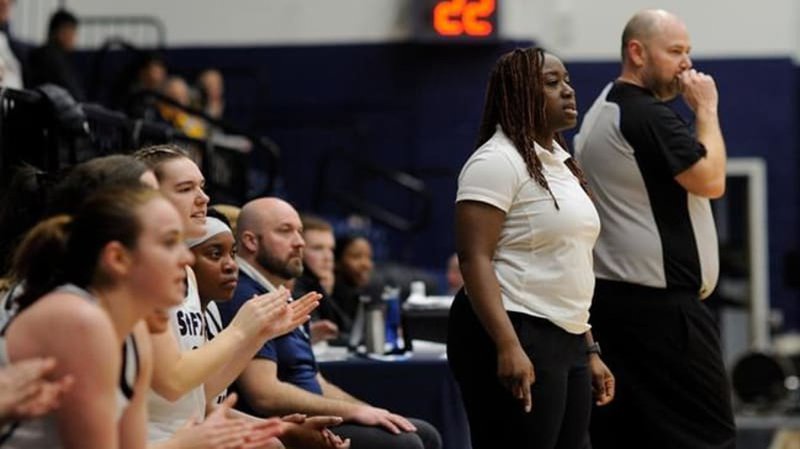
Lee Anna Osei honouring brother through Black Canadian Coaches initiative
Lee Anna Osei’s brother Samuel would have turned 31 on May 26 — the day after George Floyd was killed by a Minneapolis police officer, sparking an American uprising.
It was an emotional time for the St. Francis Xavier University women’s head basketball coach, but a pivotal one.
In the days that followed, the 30-year-old from Toronto, who’s both of the youngest and one of the few Black coaches in Canadian university sports, started the Black Canadian Coaches Association (BCCA), an initiative the coaching community said was a long time coming.
“I may not be able to solve everything that is wrong with our system, but the least I can do to honour my brother is use sport as my tool for positive change in our community,” Osei said.
